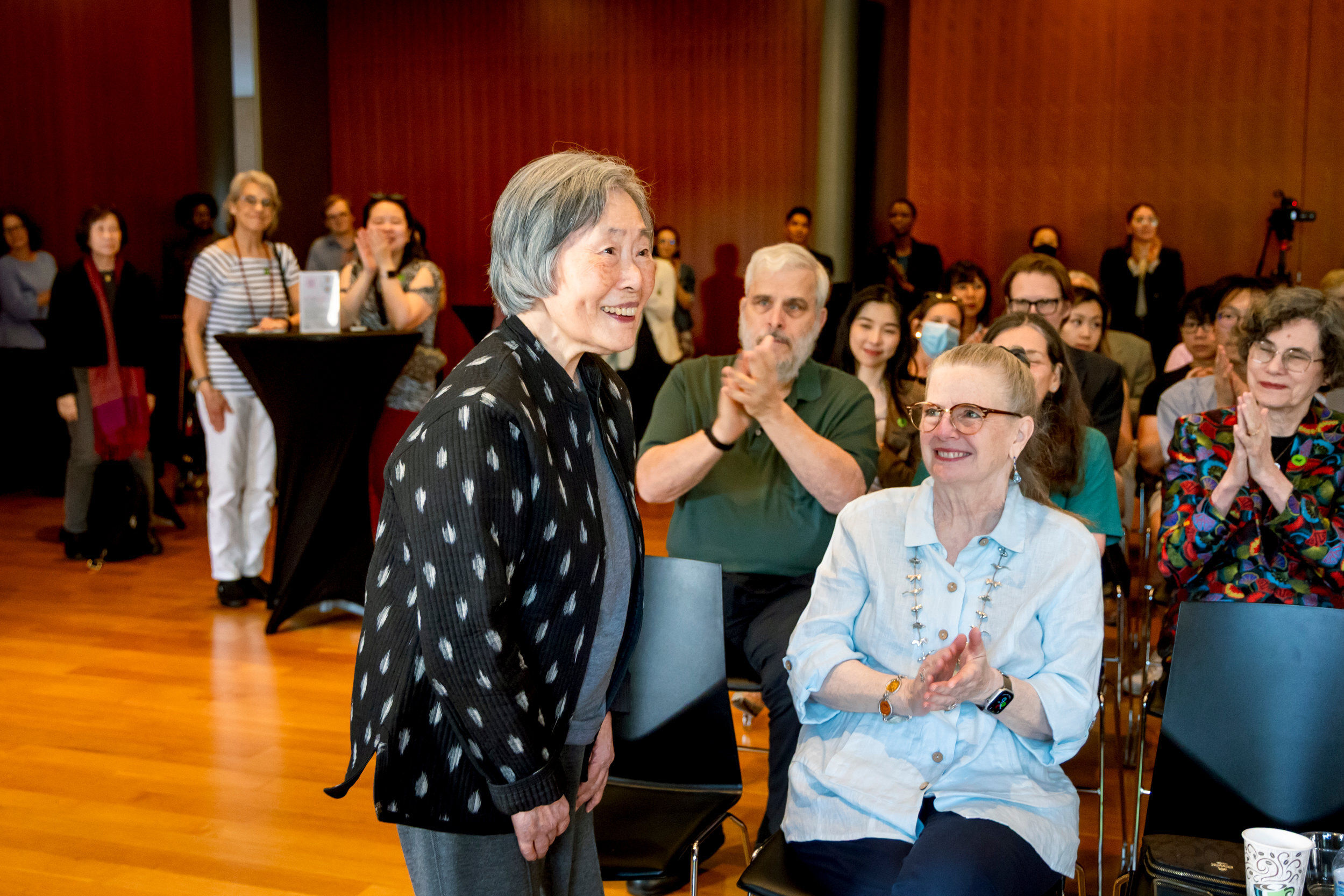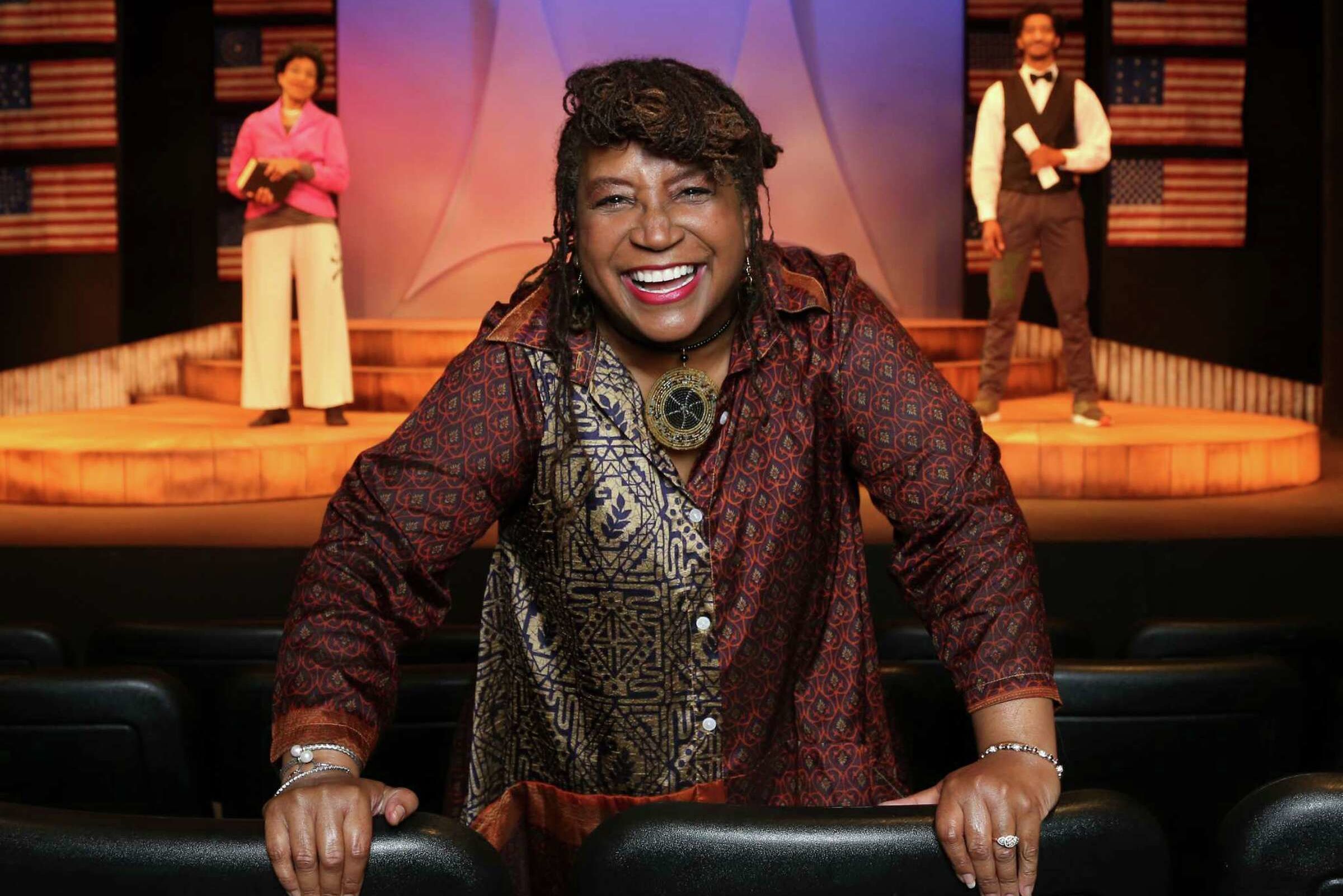The Oldest Black Church in Houston Tells the Story of America

Antioch Missionary Baptist Church was the first Black church to be built in Houston, and has stuck around to tell many tales.
Image: Courtesy Library of Congress
Sometimes a house of God is more than just a place of worship. For almost 160 years, Antioch Missionary Baptist Church has served as a cornerstone of Houston, its narrative intricately woven into the fabric of African American heritage and the broader American story.
Born from the aspirations of formerly enslaved people just seven months after the last Texans were officially liberated in Galveston on June 19, 1865, Antioch Missionary Baptist Church’s journey began humbly. Established in January 1866, the congregation began with freed people gathering in tents along Buffalo Bayou. The church’s senior deacon today, pastor Lou McElroy, explains that the founders sought to create a place of worship, birthing the church in the process.
“In those days, Houston had no real infrastructure to support a Black population that had now been liberated from bondage,” Pastor McElroy says. “They established an area along the Buffalo Bayou where the newly freed and liberated ancestors of ours lived in tents along the shores. The first thing that they fought to do was to establish a place of worship and called it Antioch Missionary Baptist Church.”
The legendary Houston community leader and formerly enslaved John “Jack” Henry Yates became the first pastor of the church, and the institution’s name was picked from the 26th verse of the 11th chapter of the book of Acts in the Bible, which reads “and when he had found him, he brought him unto Antioch.”
The worshippers purchased land in 1870, and in 1875 their collective dream materialized in the form of the city’s first Black church, built in the settlement of Freedmen’s Town in Fourth Ward (but now severed from the main neighborhood by I-45). This architectural marvel, with its original hand-carved pews whispering tales of the past and hardwood floors bearing the weight of countless prayers, stands today as a silent yet powerful witness to their triumphs.

Reverend John “Jack” Henry Yates was the first pastor to lead Antioch Missionary Baptist Church.
However, Antioch’s impact extends far beyond its imposing structure. It has been a wellspring of education, empowerment, and activism, nurturing the growth of a community determined to carve its own path. Within its walls, the seeds of the city’s first school for freedmen were sown.
McElroy explains that during the Reconstruction Period, when several formerly enslaved people were able to start Black businesses and communities, the church started teaching lessons on reading, writing, and arithmetic in its school, which would be the precursor for one of the top HBCUs in Texas.
“We created the first school for free African Americans in Houston called the Baptist Academy,” Pastor McElroy says. “It later became Houston College. Then Houston College became the forerunner of Texas Southern University.”
Echoes of activism also ring through the church’s halls. During the early twentieth century, when the fight for women’s suffrage raged across the nation, Antioch’s doors were flung wide open. McElroy says Black and white women, united in their pursuit of equality, joined forces within the church’s walls to educate and empower each other. This collaboration transcended racial boundaries, demonstrating the power of shared struggles in forging unlikely alliances.
As the Civil Rights Movement gained momentum in the 1950s and 1960s, the house of worship became a vital hub for organizing and activism. Antioch offered unwavering support to the movement. The church also played a crucial role in educating and reacclimating soldiers during both World Wars and the Vietnam War.
Most recently, during the coronavirus pandemic, the church took care of locals by offering vaccinations and education programs. McElroy says this was similar to the work Antioch did during the Spanish Flu.
“Our church lines up exactly with American history and tells that story,” McElroy says. “Black history being American history encompasses all history. Our story is reflective of the many nationalities and cultures who have come alongside and partnered with our church over the years not because it was a Black church but because we all found common ground in celebrating and servicing our God.”
As pastor Lou McElroy assumed the role of senior pastor in 2021, he carries the torch of a legacy that has weathered the storms of time. As the church celebrates its 158th anniversary this year, it stands as a living archive and a reminder of the struggles and triumphs of African Americans in the region, which echoes the broader American story.
“The effect of this position has humbled me,” McElroy says. “How humbling of an experience to not only work with a congregation who loves the Lord but also a community who works together. As we move into yet another era, our vision is to teach people of not only Antioch history but Black history, American history.”




